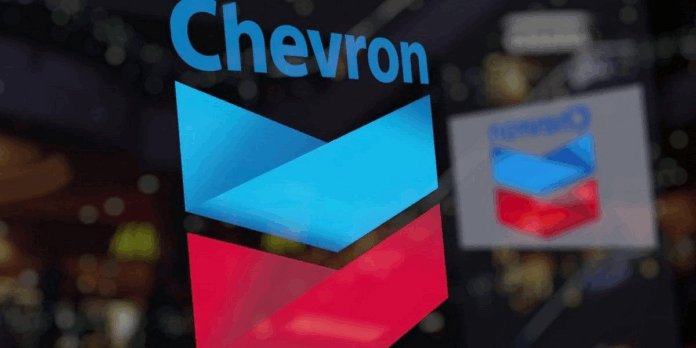Chevron U.S.A. Inc. and Exxon Mobil Corp. announced today that they have formally petitioned the United States Supreme Court to review and overturn a decision by the Fifth Circuit Court of Appeals regarding ongoing litigation in Louisiana.
At the center of the Chevron and Exxon Supreme Court Louisiana pollution case is the question of whether claims related to World War II-era oil production should be heard in federal or state court. The Fifth Circuit previously ruled, in a split 2-1 decision, that Louisiana state courts were the proper venue.
Chevron and Exxon argue that the ruling misinterprets the federal officer removal statute, a law designed to ensure that companies and private actors assisting the U.S. government in carrying out critical national duties can litigate in federal court, free from potential local bias.
“The oil-production practices at issue in this litigation were integral to the nation’s World War II efforts,” Chevron and Exxon stated in their Supreme Court brief. “These cases belong in federal court.”
The litigation stems from lawsuits filed by Louisiana, its Department of Energy and Natural Resources, and several coastal parishes alleging that oil companies dredged coastal areas unlawfully while producing crude oil that was refined into aviation fuel for the U.S. military.
Chevron and Exxon emphasized that their corporate predecessors played a critical role in meeting wartime energy demands. They contend that the Fifth Circuit relied on an outdated legal standard and overlooked a 2011 amendment that broadened the scope of the federal officer removal statute.
“The connection between the challenged WWII-era oil production and the companies’ federally directed refining of aviation fuel is unmistakable,” the brief continued. The companies argue that imposing state-level restrictions at the time would have slowed oil production, driving up costs and undermining the nation’s ability to supply essential wartime fuel.
The case is captioned Chevron USA Inc. et al. v. Plaquemines Parish, Louisiana et al., case number 24-813, in the Supreme Court of the United States.



